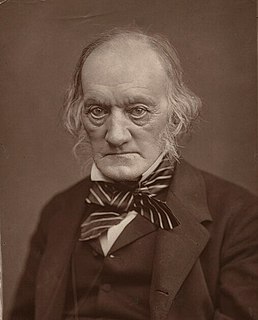A Quote by David Livermore
What really makes the difference in innovation is whether the corporate culture is paying attention to innovation.
Quote Topics
Related Quotes
Tech companies like to set stretch goals, like we'll try to be the best company for women and minorities, and we have to ask, "What does that really mean?" By setting a goal like that, it makes all of us pay attention to that idea and try to innovate around it, to understand the underpinnings. One piece is being transparent, saying "Hey, we have an issue, we're open to innovation on it." It's important for innovation to prove that more diversity makes better products.
Leapfrog innovation - consistent, constant, ridiculous leapfrog innovation - only happens within a dictatorship. Any time you try to do something really innovative, most people aren't going to understand it until after they experience it. So when you're developing in innovation, you have to be a dictator.
Once you have an innovation culture, even those who are not scientists or engineers - poets, actors, journalists - they, as communities, embrace the meaning of what it is to be scientifically literate. They embrace the concept of an innovation culture. They vote in ways that promote it. They don't fight science and they don't fight technology.
If you want the best things to happen in corporate life you have to find ways to be hospitable to the unusual person. You don't get innovation as a democratic process. You almost get it as an anti-democratic process. Certainly you get it as an antithetical process, so you have to have an environment where the body of people are really amenable to change and can deal with the conflicts that arise out of change an innovation.





































